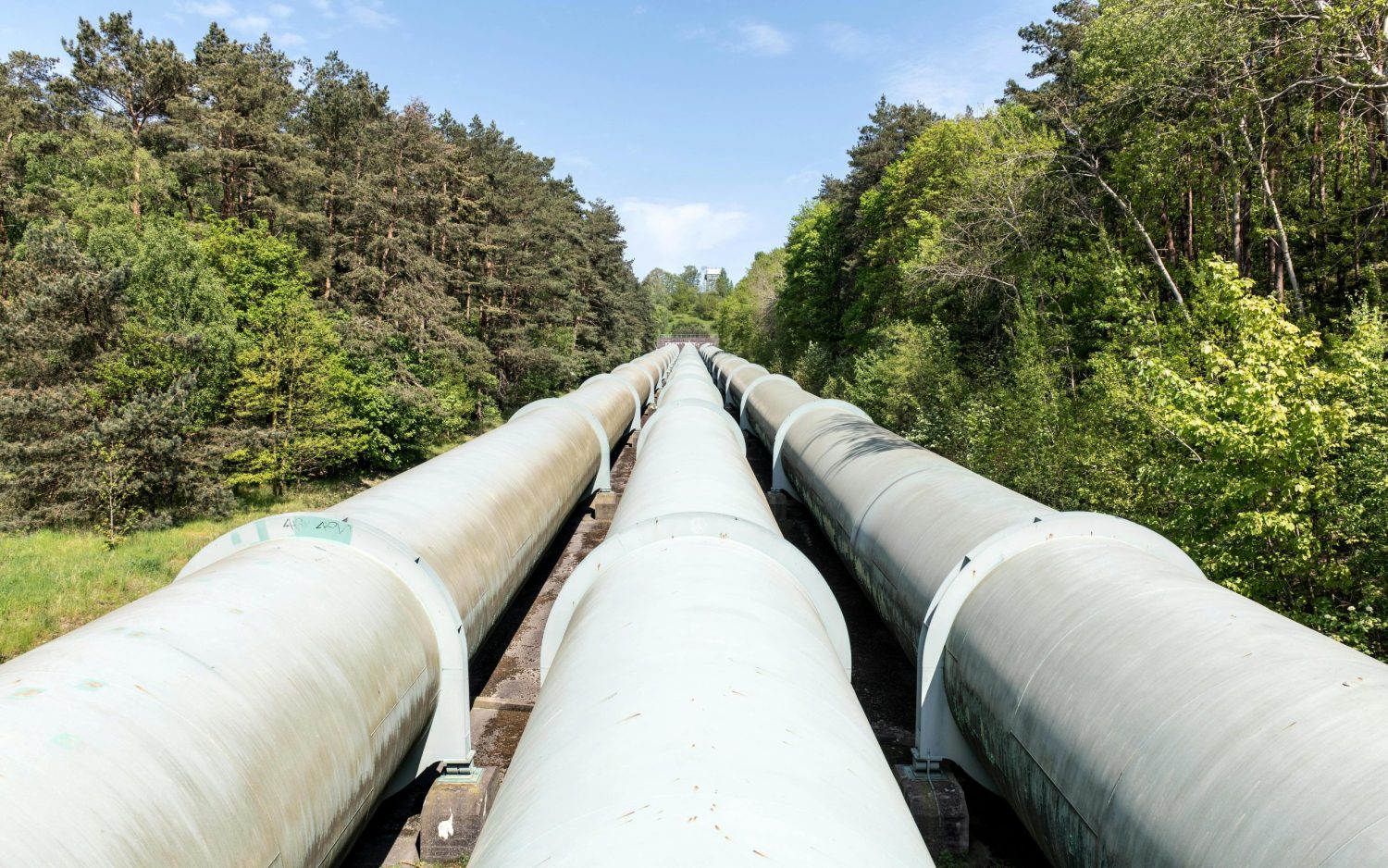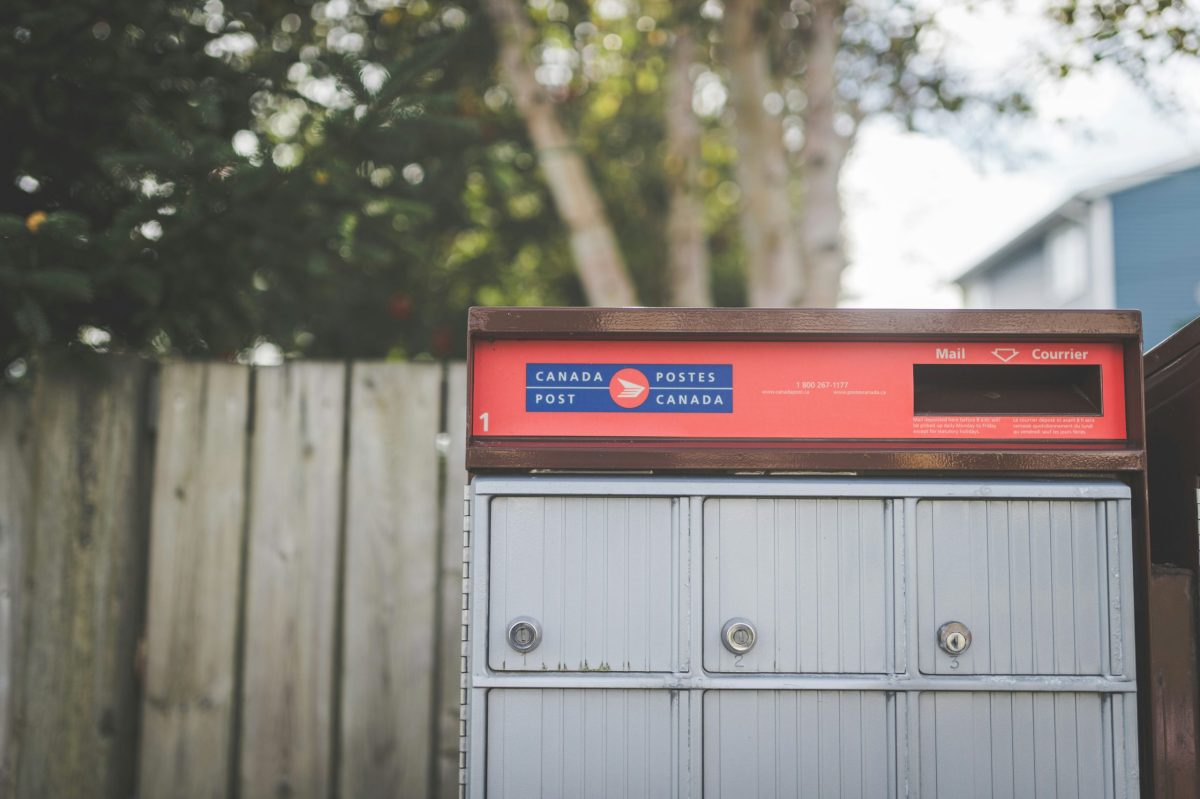November 2, 2023
The Honourable Steven Guilbeault, P.C., M.P.
Minister of Environment and Climate Change
Dear Minister Guilbeault,
On behalf of the Calgary Chamber of Commerce, we are pleased to provide a formal submission to Environment and Climate Change Canada regarding the proposed Clean Electricity Regulations (CER).
The Calgary Chamber appreciates the federal government’s commitment to reducing emissions, recognizing the significant challenge climate change poses to our planet and Canada’s economic prosperity. In recognition of this challenge, businesses across sectors have made significant investments to advance decarbonization by investing in and commercializing clean technologies.
As noted in the 2030 Emissions Reduction Plan, a low-carbon electricity sector is critical to reducing Canada’s emissions. However, the sector cannot act as a catalyst for emissions reduction if its own path to decarbonization is constrained by public policy that impacts the reliability of the grid or the affordability of electricity. To this end, climate policies must balance reducing emissions with the economic impact on businesses and customers. Moreover, policies must be structured in a manner that respects the significant, long-cycle investments required to deploy the capital necessary to achieve decarbonization targets.
After consultation with our members, the Calgary Chamber of Commerce contends the Clean Electricity Regulations, as drafted, will have significant social and economic consequences within Alberta by detrimentally impacting the reliability of the grid and affordability of electricity. As Canada’s only deregulated electricity market, the one-size-fits-all approach of the regulations does not adequately account for regional differences in electricity markets.
As such, it is the view of Calgary’s business community that the CER is unworkable in its current state and must be significantly amended prior to becoming legislation to preserve both affordability and reliability. Moreover, without the immediate release and expansion of the proposed Investment Tax Credits, major decarbonization projects, including Carbon Capture, Utilization and Storage (CCUS), are not investable. This directly impedes industry’s ability to decarbonize.
Considering this, our formal comments within the Canada Gazette 1 – expanded upon in greater detail below – outline amendments that would ensure the regulatory certainty needed to maintain a reliable grid and provide affordable power for Albertans. Our recommendations include:
- Aligning the CER with the U.S. Environmental Protection Agency’s proposed Clean Air Act Standards and Guidelines for Electric Utilities to the greatest extent possible, maximizing the competitiveness of Canada’s electricity sector.
- Adjusting timelines for compliance with the proposed end-of-prescribed-life performance standard from 20 years to 30 years. This will ensure businesses have adequate time to recover costs from existing assets, while assessing the existing and emerging technologies that can achieve the required emissions reductions at the lowest possible cost to their business and customers. Moreover, extending the timelines for compliance will ensure assets are not prematurely retired and allow businesses to dedicate greater amounts of capital towards emerging technologies that significantly move the needle on decarbonization.
- Adjusting the 30 tonnes/GWh capture efficiency benchmark to 100 tonnes/GWh for operations with abatement technologies, including carbon capture utilization and storage, recognizing the current limit is unattainable given fluctuations in performance or unforeseen operational disturbances. Providing greater flexibility, including through offset provisions, will de-risk the investment required for abatement technologies.
- Amending the emergency provisions to provide a pre-approval process for non-compliant units and empowering provincial and territorial system operators to determine what will be declared an emergency circumstance. As written, the emergency provisions are not feasible for businesses given the inherent compliance risks they create. The provisions must provide explicit confidence to, or otherwise empower, all Alberta generators to meet unforeseen grid demands without the possibility of criminal consequences.
- Amending the proposed hours-based “peaker provisions” to remove the proposed run hour limit from the regulations prior to 2045. After 2045, new and existing peaking facilities use should be limited through the introduction of a capacity factor metric (i.e., peaking plants can operate up to 30 per cent of their capacity factor in a calendar year). This should include the possibility of allowing generators to achieve compliance through a financial mechanism or the use of offset credits. These amendments are critical to maintaining peaking facilities' economic viability, and essential to safeguarding the reliability of various province’s grids.
- Incorporating specific modelling of Alberta’s deregulated electricity market within the CER to understand how the regulations would impact Alberta’s market and business.
In addition to regulatory amendments required for the CER to function effectively, financial incentives that protect the affordability and reliability of energy will be required to ensure businesses are able to work with the Government to achieve their broader decarbonization goals. Expanded upon in Appendix A, these include:
- Implementing tools that support investor confidence (i.e., Carbon Contracts for Difference) proportional to the size of investments businesses need to make to achieve a net-zero grid, minimizing costs passed on to ratepayers and de-risking investment.
- Updating labour requirements for accessing investment tax credits (ITCs) to align with realistic Canadian labour projections, recognizing businesses will be competing for labour.
The Calgary Chamber firmly believes emissions reductions and economic growth go hand-in-hand. Our proposed amendments support this point of view, recommending ways in which the CER can effectively incentivize emissions reduction without compromising reliable and affordable power or the environment.
Moreover, we see last week’s announcement by the federal government regarding the suspension of carbon taxes payable on home heating oil in as a signal there is room to accommodate regional differences and expect the government to similarly consider Alberta’s distinct electricity market in the context of the CER.
Thank you in advance for your consideration. We look forward to continuing to engage with you and your department as you pursue a sustainable and prosperous future for all Canadians.
Sincerely,
Deborah Yedlin
President & CEO
Calgary Chamber of Commerce
Cc:
The Hon. Chrystia Freeland, P.C., M.P., Deputy Prime Minister and Minister of Finance
The Hon. Jonathan Wilkinson, P.C., M.P., Minister of Energy and Natural Resources
The Hon. Dan Vandal, P.C., M.P., Minister of Northern Affairs, Minister responsible for Prairies Economic Development Canada and Minister responsible for the Canadian Northern Economic Development Agency
View the Calgary Chamber's full submission by clicking the link below:
Calgary Chamber submission regarding the federal Clean Electricity Regulations
ABOUT THE CALGARY CHAMBER OF COMMERCE
The Calgary Chamber of Commerce exists to help businesses reach their potential. As the convenor and catalyst for a vibrant, inclusive and prosperous business community, the Chamber works to build strength and resilience among its members and position Calgary as a magnet for talent, diversification and opportunity. As an independent, non-profit, non-partisan organization founded in 1891, we build on our history to serve and advocate for businesses of all sizes, in all sectors across the city.







